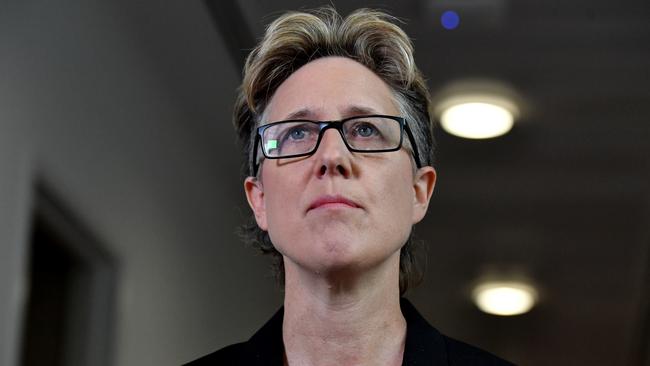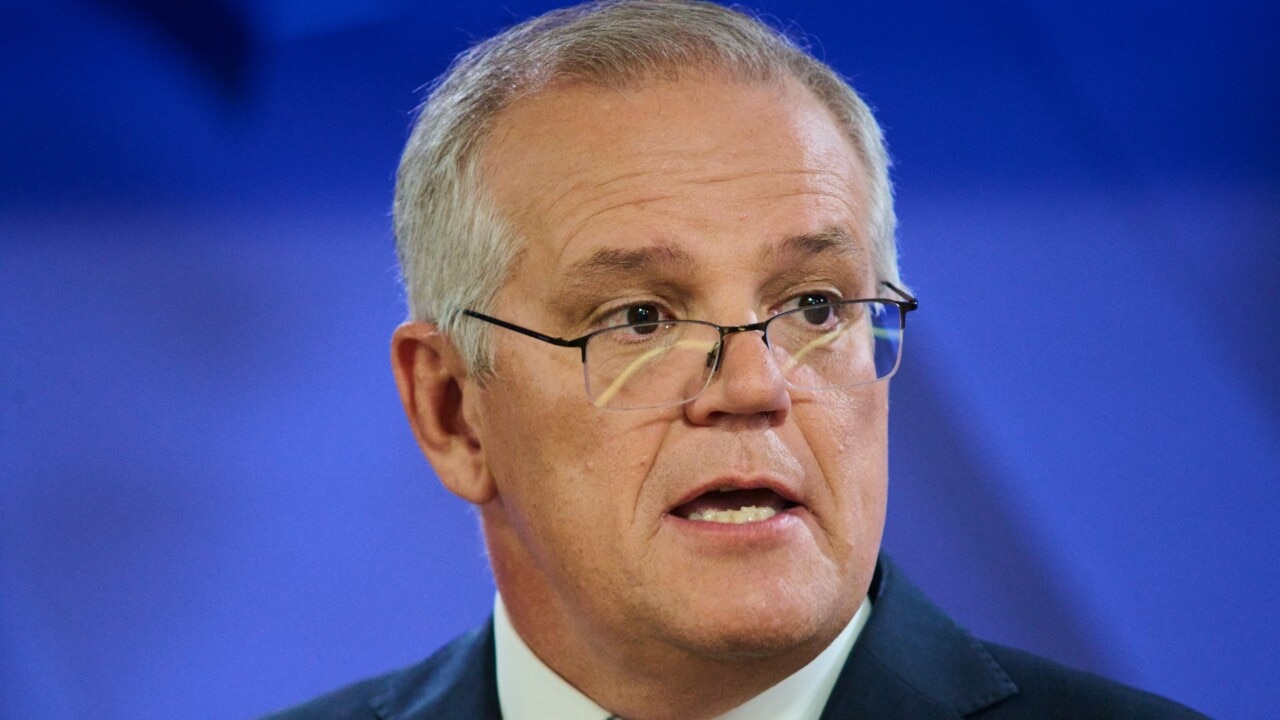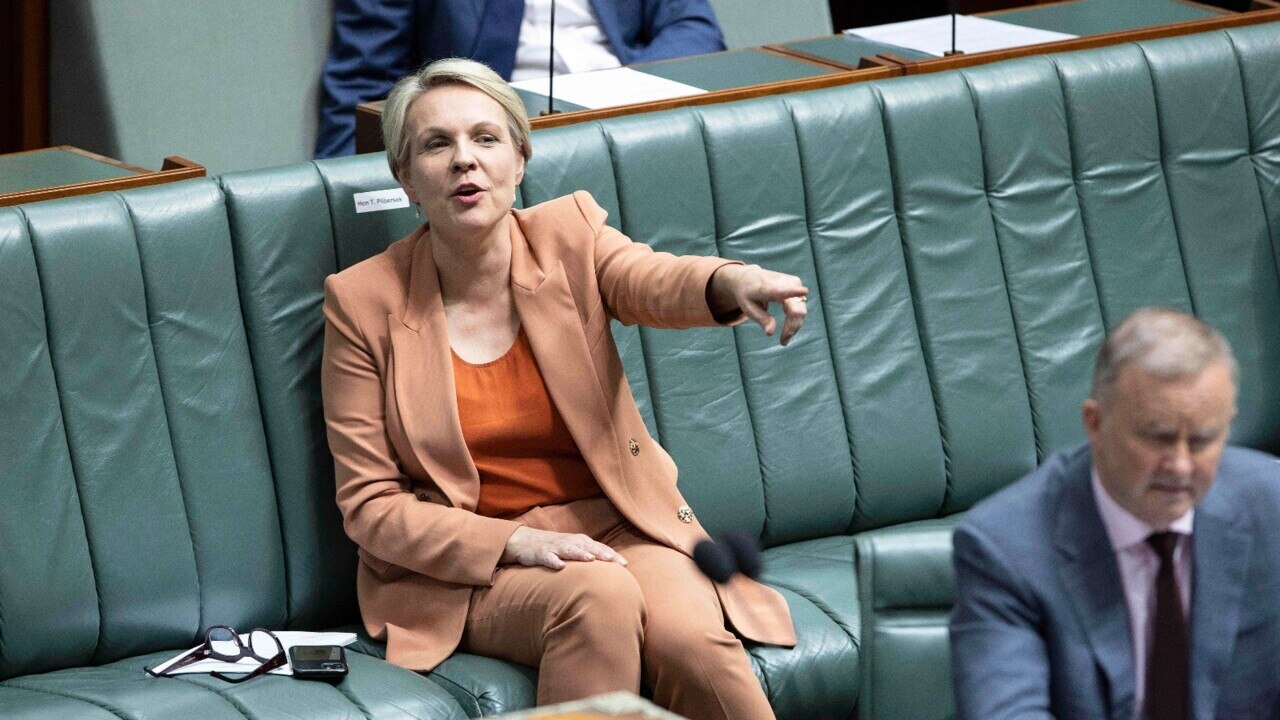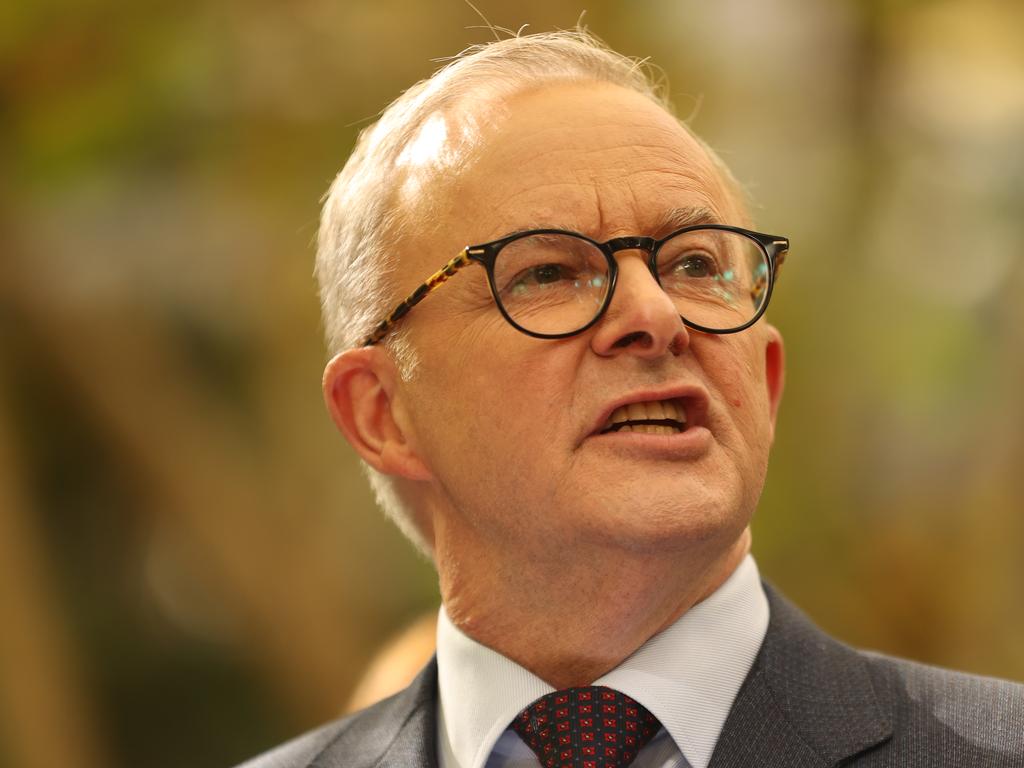Business warning over ACTU wage push
The ACTU’s $42-a-week minimum wage claim risks sending tens of thousands of small businesses ‘to the brink’.

Employers have warned the granting of the ACTU’s revised $42-a-week minimum wage claim risked fuelling greater increases in interest rates, entrenching high inflation, and sending tens of thousands of small businesses “to the brink”.
Australian Chamber of Commerce and Industry chief executive Andrew McKellar accused unions of “recklessly exploiting” the low unemployment rate to push for “aggressive” wage rises in the absence of productivity growth.
Australian Industry Group chief executive Innes Willox criticised the decision by the ACTU to lift its annual claim for 2.3 million low-paid and award-reliant workers from 5 per cent to 5.5 per cent in the wake of rising inflation and a further period of real wage cuts.
“The even higher increase in minimum wages now proposed by the ACTU clearly adds substantially to the risks of entrenching inflation and greater increases in interest rates,” Mr Willox said.
“Such outcomes would have adverse impacts on the economy, on unemployment, underemployment and sentiment and would be a setback for many low income households.”
Under its revised claim, unions are urging the Fair Work Commission to back a $42-a-week minimum wage rise, up from the previous $38-a-week claim submitted in March.
If granted, the ACTU claim would lift the hourly rate in the minimum adult wage from $20.33 to $21.45, the weekly rate from $772.60 to $815.09 and the annual rate from $40,175.20 to $42,384.84.

The ACTU said when it submitted its initial claim on March 31, the federal budget predicted inflation would peak at 4.25 per cent in the middle of this year. But inflation is already at 5.1 per cent and the Reserve Bank predicts it will reach 5.5 per cent by mid-year.
ACTU secretary Sally McManus said a pay rise of 5.5 per cent for the one in four workers who relied on the outcome of annual wage review for wage growth aimed to ensure that they did not go backwards in real terms.
She said unions agreed with the Reserve Bank “that when real wage increases are below the rate of productivity increases then they are not inflationary”.
“Our claim avoids adding to inflation while also ensuring that a quarter of working people do not continue to go backwards in real terms,” she said. “Small businesses desperately need more money in the hands of working people, who spend everything they earn in the local economy. Without real pay rises for working people we will see less discretionary spending.
“The reality is that these same employer groups have argued against real pay rise during boom times; now they’re arguing against real pay rises as the economy attempts to recover from recession.
“They will never support wage rises for working people and they are being abandoned by the more moderate employer groups who realise that wage growth is essential to economic growth and a sustainable recovery.”
Mr McKellar said “an unsustainable increase in wages risks sending tens of thousands of small businesses to the brink and threatens to reverse the strong gains in the number of permanent full and part-time jobs”.
“The reality is we won’t be able to lift real wages without first restoring productivity growth which has languished for the past decade,” he said.
“As the Reserve Bank has already warned, aggressive wage increases have the potential to spur greater inflationary pressures. Indeed, businesses are already facing rising costs with three in five firms experiencing price increases greater than usual in the last three months.”
He said “while the union movement would have you believe that wages have flatlined, recent data reveals that wages growth is picking up across the economy”.
More Coverage








